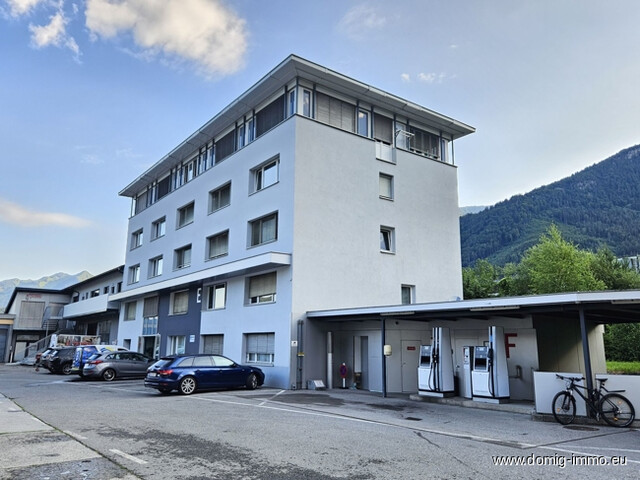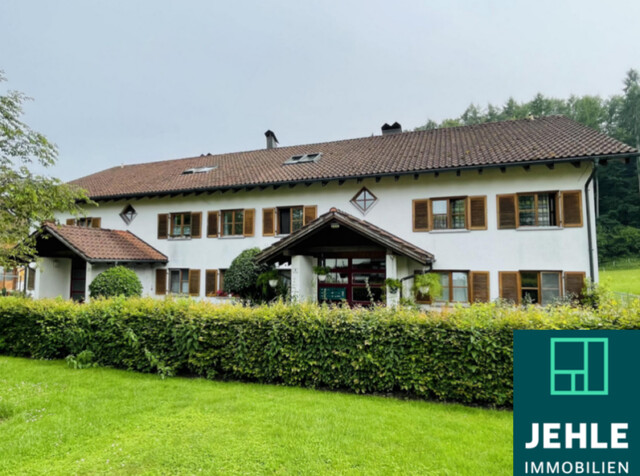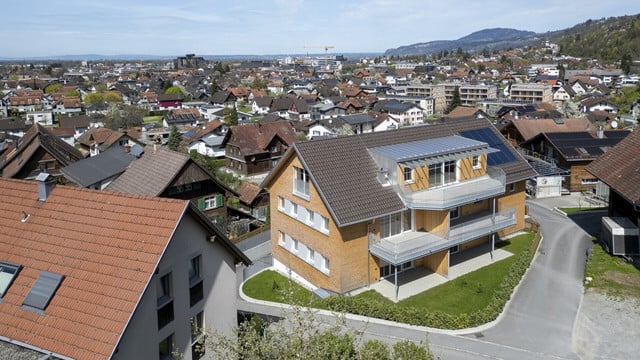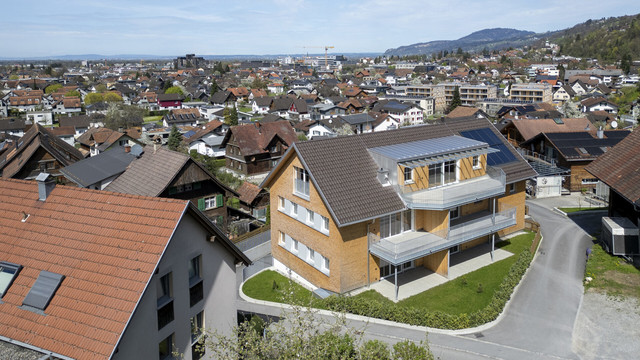AK Study Shows Main Responsibility for CO2 Emissions
According to the AK study, the richest ten percent of households are responsible for 56 percent of emissions due to business ownership and investment decisions. The middle 40 percent of households contribute 27 percent, while the lower half causes 17 percent of emissions.
AK Study on CO2 Emissions with French Economist
As study author Eva Six from the Department of Economics and Statistics of the AK Vienna and her department head Matthias Schnetzer emphasized to journalists on Wednesday, direct emissions - those personally caused - are included. "If this were not the case, the difference would be significantly greater," said Schnetzer. Due to a lack of wealth, the 17 percent share of emissions from the lower wealth half is almost solely due to direct emissions.
The previous approaches - the production-based, which places responsibility for emissions on the state, and the consumption-based, which holds consumers accountable - were not considered effective by the AK researchers, even though neither group can be absolved of responsibility. For the study, the AK collaborated with French economist and Thomas Piketty student Lucas Chancel and developed a capital-based approach based on asset investments domestically and abroad.
Initially, it was recorded how much and what type of capital - stocks, machinery, real estate - belongs to the individual economic sectors, i.e., companies, the state, and households, and which emissions are associated with the different types of capital. Emissions from companies were attributed to the actual owners, and foreign investments were considered. "Companies do not stand alone, but have owners," explained Six.
Subsequently, it was determined how wealth and its different types are distributed among households in Austria. For example, it was found that the middle 40 percent primarily own real estate, which causes relatively few emissions. The wealthiest, on the other hand, have business ownership, which is again emission-intensive. Six admitted, however, that there were inaccuracies at the top end: "No one likes to fill out questionnaires."
How the Economy Should Be Restructured
Ultimately, the conclusions of the AK are important: "Who decides what is produced and how it is produced" is ultimately the question, said Schnetzer, meaning how the economy should be restructured. "No matter which approach is used, this also applies to the production-based and consumption-based approach: The wealthiest cause more greenhouse gas emissions, they suffer less from the consequences, and they must contribute more," emphasized the economist.
Many measures are needed: "Yes, private jets will no longer be feasible," said Schnetzer in passing. Ultimately, the question for the AK is how these measures are designed. For example, support is needed for those companies that have a conversion plan. The Upper Austrian steel company voestalpine was mentioned as an example. The company is a pioneer in phasing out coal blast furnaces and replacing them with green electricity-powered electric arc furnaces.
Employee Participation in the Transformation
This, however, also requires careful consideration of the impact on working conditions for employees, for example, when the new technology allows for much faster responses to the order situation, the furnace can be shut down, and employees can be sent home if necessary. Therefore, according to AK experts, employees should be involved in mandatory transformation plans through their works councils.
The AK researchers also emphasized that it is about creating incentives: higher investment allowances for climate-friendly conversions instead of promoting investments that maintain climate-damaging production. Six and Schnetzer also advocated for wealth and inheritance taxes.
"Design Flaws" in the Climate Bonus
According to Six and Schnetzer, CO2 taxes and their increase are an "extremely regressive" measure. The climate bonus was fundamentally sensible, "but it had several design flaws," said Schnetzer. It overcompensated the CO2 pricing by a multiple, and there was also a "distribution issue." However, its abolition was the "strongest repressive component."
Six also pointed out the exemplary role of the state, which is also an owner. "The public sector must take a leading role." Schnetzer advocated, among other things, for a municipal climate investment fund, which should be endowed with 1.3 to 2.2 billion euros.
(APA/Red)
This article has been automatically translated, read the original article here.
Du hast einen Hinweis für uns? Oder einen Insider-Tipp, was bei dir in der Gegend gerade passiert? Dann melde dich bei uns, damit wir darüber berichten können.
Wir gehen allen Hinweisen nach, die wir erhalten. Und damit wir schon einen Vorgeschmack und einen guten Überblick bekommen, freuen wir uns über Fotos, Videos oder Texte. Einfach das Formular unten ausfüllen und schon landet dein Tipp bei uns in der Redaktion.
Alternativ kannst du uns direkt über WhatsApp kontaktieren: Zum WhatsApp Chat
Herzlichen Dank für deine Zusendung.








